JONES LAW GROUPYour Lawyers for Life! Personal Injury Law Firm in St. Petersburg
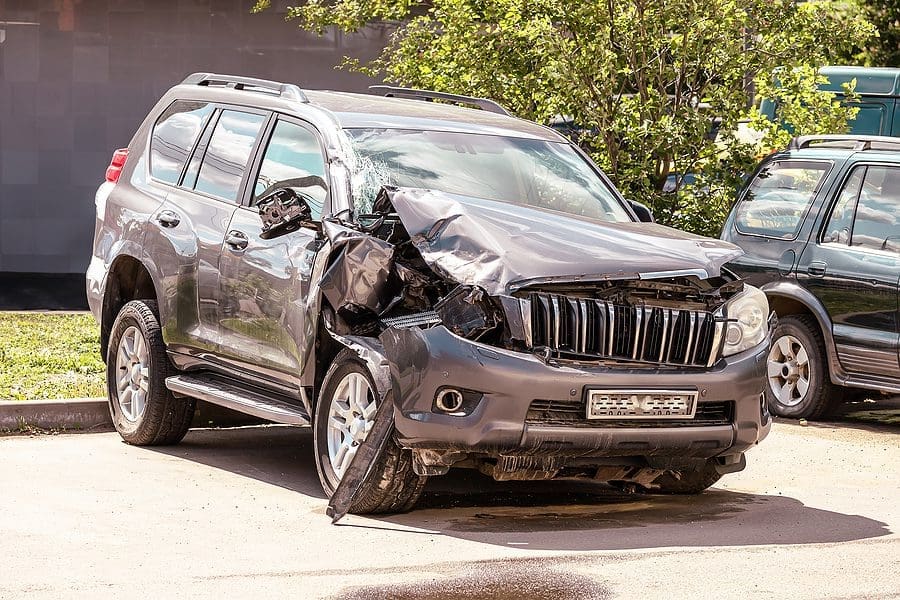
Head-on car accidents are among the most dangerous and potentially deadly types of collisions on the road. According to the Insurance Information Institute, about 10% of all car wrecks in 2020 were head-on collisions. They resulted in 3,631 fatalities and tens of thousands of severe injuries. The attorneys with the Jones Law Group will be […]
Call our personal injury law office directly at (727) 512-9847
At Jones Law Group in St. Petersburg, FL, we would like to hear from you. Contact us for a free personal injury case consultation.
Call our personal injury law office at (727) 512-9847
Get educated on the Florida's personal injury laws and more.
Head-on car accidents are among the most dangerous and potentially deadly types of collisions on the road. According to the Insurance Information Institute, about 10% of all car wrecks in 2020 were head-on collisions. They resulted in 3,631 fatalities and tens of thousands of severe injuries.
The attorneys with the Jones Law Group will be ready to protect your rights if you’ve suffered a severe injury or tragically lost a loved one due to a head-on accident caused by a negligent driver. You can contact us online or call (727) 571-1333 for a free consultation.
Drivers can cause terrifying head-on collisions in several ways. These are a few of the most common:
Distracted driving is one of the biggest reasons head-on crashes occur. If drivers divert their eyes to text, make phone calls, adjust the radio, or engage in other distractions, they can inadvertently drift into oncoming traffic lanes, leading to catastrophic head-on crashes.
According to data from the Department Florida Highway Safety and Motor Vehicles, 333 people died in distracted driving accidents in 2021. That was the highest figure since 2013.
Alcohol or drug impairment significantly impairs a driver’s judgment, coordination, and reaction times. Impaired drivers may veer into opposing lanes, causing head-on accidents. These accidents often result in severe injuries and fatalities.
The American Automobile Association (AAA) reports that wrong-way crashes led to 2,008 deaths nationwide between 2015-2018. During that same period, 135 people died in Florida
Fatigued drivers pose a risk on the road similar to impaired drivers. Drowsy driving can lead to erratic lane changes and drifting into oncoming traffic, increasing the likelihood of head-on collisions.
When someone drives too fast, they can’t react quickly enough to changing road conditions or sudden obstacles. Speeding drivers may lose control of their vehicles, leading to head-on collisions when they veer into the path of oncoming vehicles.
Drivers attempting to pass other vehicles without enough visibility or in no-passing zones risk head-on collisions. This dangerous behavior often results from impatience and a disregard for traffic laws.
The above just scratch the surface of the many reasons why head-on crashes happen. Here are a couple of others.
Mechanical failures in a vehicle, such as brake malfunctions or steering problems, can be silent culprits in head-on collisions. These defects can cause drivers to lose control of their vehicles, making it difficult to keep the vehicle in the correct lane. For example, a sudden brake failure on a curve could result in a driver inadvertently crossing into oncoming traffic. Manufacturers and maintenance providers may be held liable for these defects.
Adverse weather conditions, such as fog and sudden rainstorms, pose significant challenges for drivers. Reduced visibility in fog or heavy rain can make it difficult to judge distances accurately. In such conditions, drivers may inadvertently drift into oncoming lanes, unaware of the approaching danger.
When roads are wet vehicles lose traction, making it challenging to maintain control. Drivers may struggle to brake and steer effectively on slippery surfaces. Vehicles can veer into oncoming traffic, leading to devastating head-on accidents.
Inadequate road maintenance, like potholes or uneven surfaces, can also contribute to the loss of vehicle control.
Head-on collisions can result in a range of catastrophic injuries. Traumatic brain injuries (TBIs) are common due to the forceful impact, leading to cognitive impairments and long-term consequences. Spinal cord injuries can cause paralysis or lifelong mobility challenges. Multiple fractures and internal organ damage are prevalent, necessitating extensive medical treatment and rehabilitation. The physical toll on victims can be immense and life-altering.
The financial and emotional aftermath of a head-on collision can also be overwhelming. Victims often face substantial medical expenses, including surgeries, hospital stays, and ongoing treatments. Rehabilitation costs for physical and cognitive therapy can also be significant.
Also, lost wages due to recovery time or permanent disability add to the financial strain. Property damage is another concern, as vehicles involved in head-on collisions often suffer extensive damage or are totaled. Beyond the tangible losses, victims may experience intangible damages like pain and suffering, emotional trauma, and a reduced quality of life.
Proving fault in a car accident case is essential to securing compensation for victims. Key steps in establishing fault include:
Consulting with an experienced attorney is crucial for building a strong case. A lawyer can guide you through the process and collect and present all necessary evidence effectively.
Victims of head-on collisions deserve compensation for their extensive losses. Recovery may include:
An attorney with expertise in car accident cases can help negotiate with insurance companies. If necessary, they can pursue legal action to secure full and fair compensation. This compensation can provide victims with the financial support they need to recover and rebuild their lives.
Please don’t hesitate to get in touch with the Jones Law Group as soon as possible. We’ll investigate the accident, determine who’s to blame, and then pursue maximum compensation. Our firm has a long track record of success in cases similar to yours.
Let us get to work for you as soon as you can. Call (727) 571-1333 or use our online form to schedule a free case review.
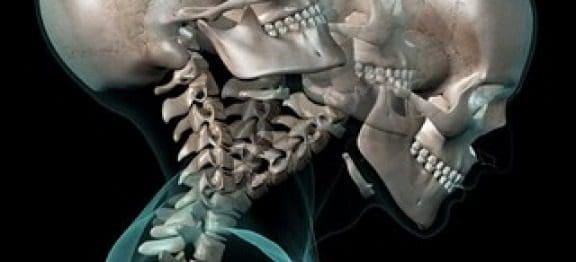
Learn how to avoid whiplash in a car accident, and what to do if you sustain this type of neck injury. Summary When another vehicle hits your car, you may have seconds to react to protect yourself. That is why it is important to take preventative measures to avoid injuries like whiplash. By correctly adjusting […]
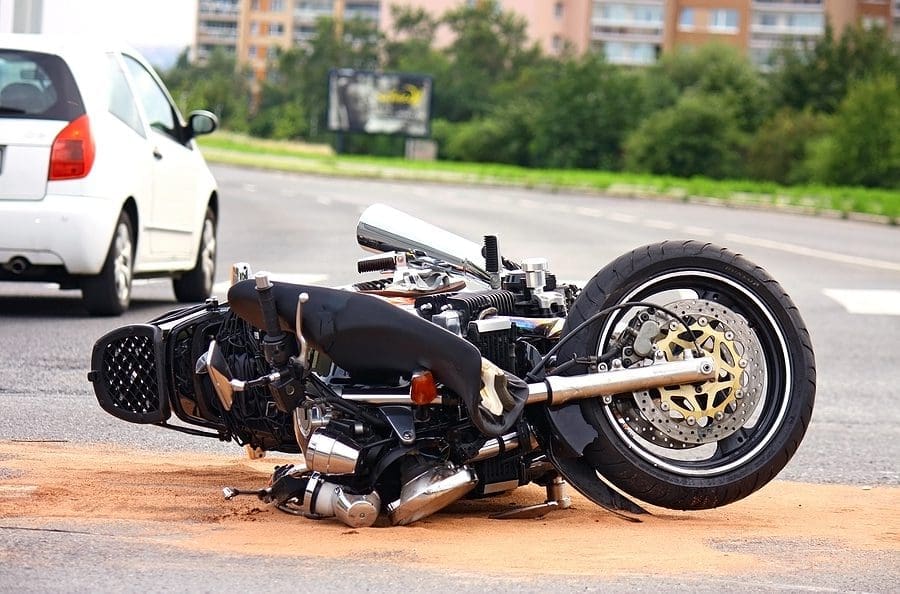
Summary Riding a motorcycle can be exhilarating, offering a sense of freedom that nothing else can match. However, if a rider ends up in an accident, the aftermath of a motorcycle accident can be devastating. The following is a look at some common types of motorcycle accident injuries and how an attorney can help if […]
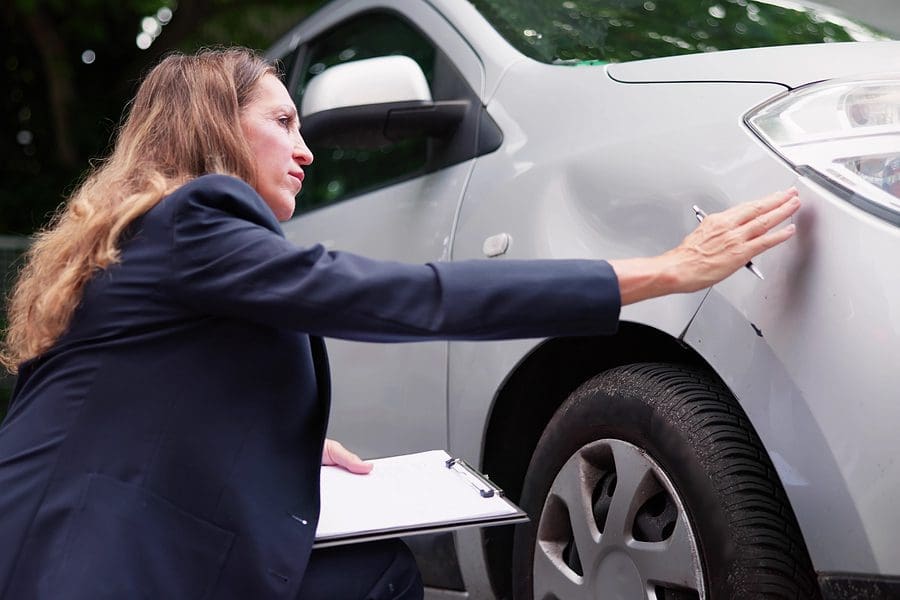
Nearly 25 million people have to visit emergency rooms in the U.S. each year. A major contributing factor is personal injury accidents. When someone’s negligence causes another to suffer, the victim should be able to obtain the compensation they deserve from the negligent party’s insurance company. But dealing with an insurance claim can be challenging, […]
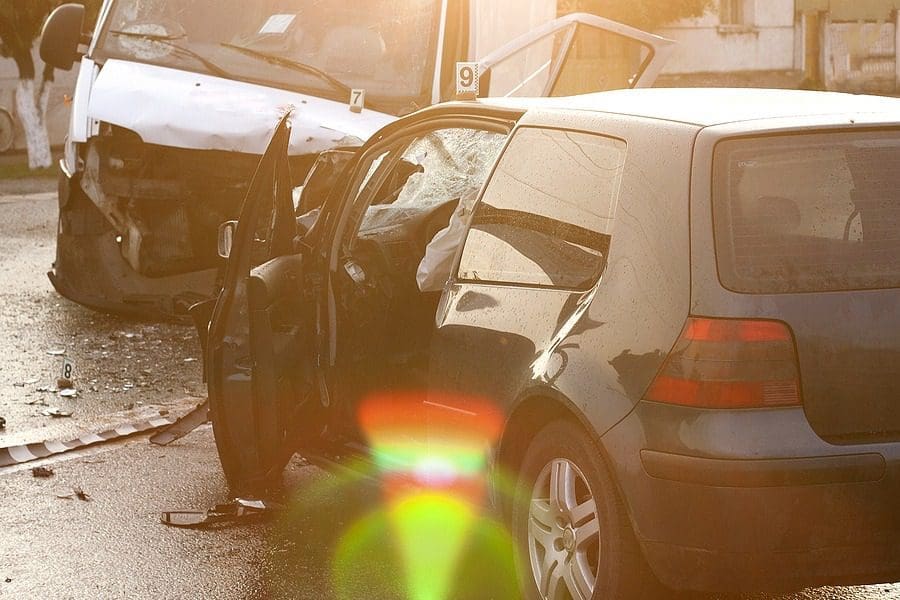
Any kind of car accident can be catastrophic, of course, but head-on collisions are particularly horrible. While these types of accidents are, thankfully, fairly rare, they tend to either be fatal, or result in injuries that can have lifelong consequences. Safe driving is obviously always a priority, no matter where you live. But in a […]
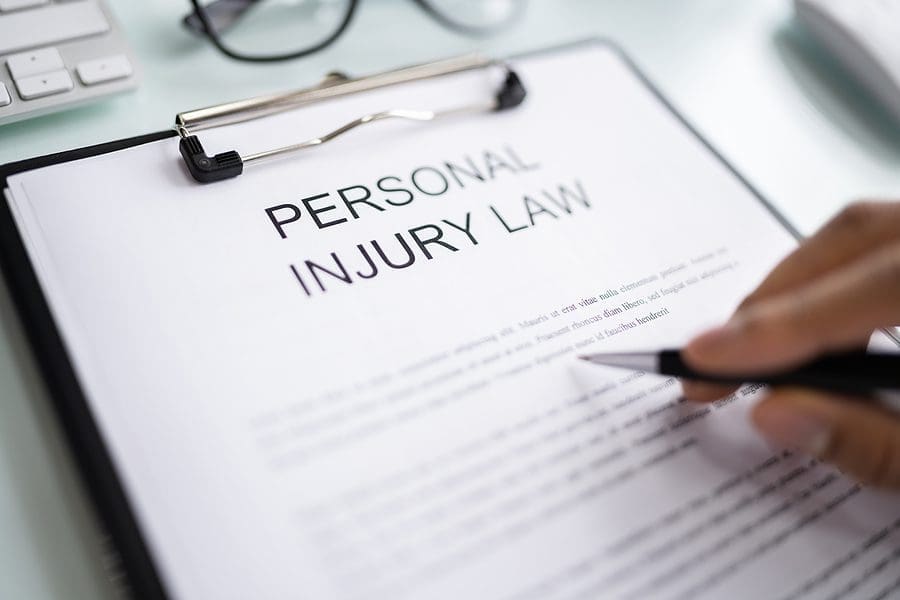
Enduring a personal injury can be devastating, leaving victims dealing with physical pain, emotional distress, and financial hardships. During such challenging times, seeking the assistance of a skilled personal injury attorney can make a significant difference in protecting your rights and ensuring you receive fair compensation for your losses. The following are just some of […]
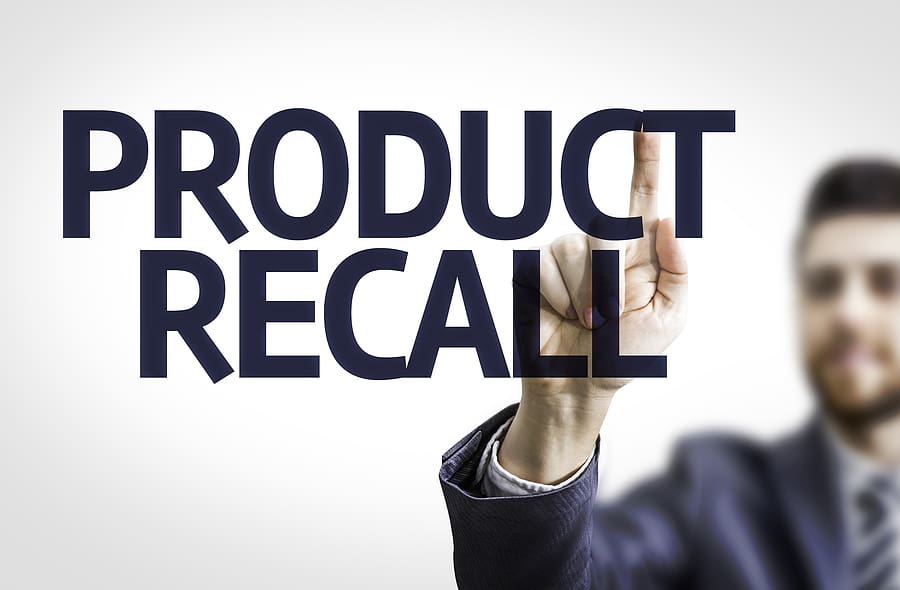
Consumers can suffer severe injuries from defective or dangerous products, such as car parts, toys, medication, etc. These can leave the designer, manufacturer, distributor, or seller of the product liable in a product liability claim. To recover compensation for damages, such as medical bills, lost earning potential, and mental anguish, you must prove the at-fault […]
Speak with us before time runs out! In Florida, you have a limited window to file a personal injury case, so speak to an Attorney today.
Call our personal injury law office directly at (727) 512-9847
Jones Law Group is a dedicated personal injury lawyer in St. Petersburg, FL, serving the Tampa Bay area since 2006. Our experienced attorneys specialize in car accidents, slip and fall cases, employment law disputes, construction law issues, and overtime wage claims, fighting for maximum compensation on a contingency fee basis. Contact us for a free consultation to discuss your case.
Call our personal injury law office at (727) 512-9847
© Copyright 2006–2025 Jones Law Group Attorneys at Law. All rights reserved. Privacy Policy Terms of Use
Attorney Advertising.
The information on this website is for general information purposes only. Nothing on this site should be taken as legal advice for any individual case or situation. This information is not intended to create, and receipt or viewing does not constitute, an attorney-client relationship. Past results do not guarantee similar outcomes.
Are you injured or wronged and interested in a consultation? Fill out the form for a free consultation with us.